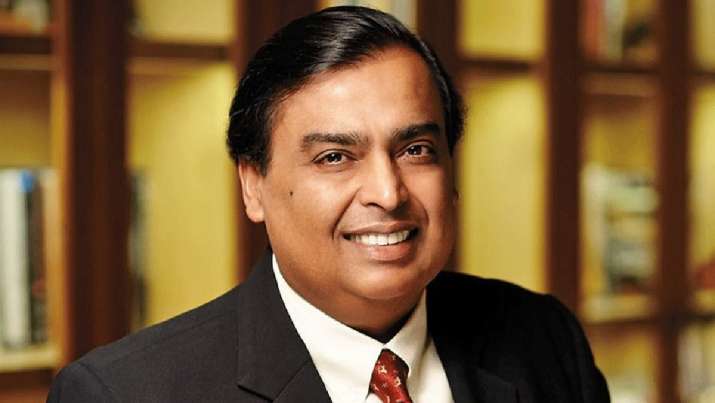As per a report by English financial daily Mint, Reliance Industries Limited is all set to acquire Future Group’s retail assets for 24,000-27,000 crore rupees. Future Group is led by Kishore Biyani, who is the owner of popular retail chain Big Bazaar and Mukesh Ambani was eyeing the group since he planned to enter in e-commerce and retail business. However, the deal could not be cracked due to pricing issues.
Now, the Future group has decided to merge five listed entities of the group- Future Retail Ltd, Future Consumer, Future Lifestyle Fashions, Future Supply Chain and Future Market Networks- into one entity- which will be known as ‘Future Enterprise Limited’, and this entity would be sold to RIL for around 27,000 crore rupees.
According to report, “As part of the deal, fashion and grocery retail formats from Future Group’s listed entities such as Big Bazaar, FoodHall, Nilgiris, FBB, Central, Heritage Foods and Brand Factory, barring apparel brands Lee Cooper and All, will be acquired by RIL. In all, over 1,700 stores across formats are expected to go to RIL.”
The purchase would create the largest retail entity in India as Reliance Retail, the retailing arm of RIL, already owns around 12,000 crore stores across the country and had revenue of 1.63 lakh crore rupees in FY 20.
Mukesh Ambani had made it clear that Reliance retail is looking for aggressive expansion and the company (RIL) wants consumer business, which contributes only 20 per cent to the total revenue, to contribute as much energy and refining businesses by 2025.
Reliance’s transition from refining and petrochemical business to consumer business is clearly visible in quarterly revenue results of the last few quarters. The consumer and retail businesses of the company have registered profit and grown exponentially over the last few years. “Now consumer businesses account for almost 25% of RIL’s Ebitda (earnings before interest, tax, depreciation and amortization)” said Srikanth, RIL’s Joint Chief Financial Officer.
Previously, the company announced that exclusive brands like Best Farms, Good Life, Masti Oye, Kaffe, Enzo, Mopz, Expelz and Home One which are currently available only on Reliance Fresh, Reliance Smart and Reliance Market stores, will be available at local stores. The company will distribute the products with the help of distributors in order to maximize sales and revenue.
Reliance aims to use Jio’s rural penetration and Reliance Retail’s physical infrastructure- which will now have the existing infrastructure too- to take e-commerce to rural areas by leveraging on small retailers.
Earlier, the big e-commerce players were involved in a heavy discounting game with exclusive deals from particular retailers who were backed by the platform itself. The small retailers were being pushed out of business through this unethical practice. Reliance is likely to give more importance to these small retailers.
There is not an iota of doubt among analysts that Ambani-led Reliance will give a tough competition to existing e-commerce players as the history of its operations in other sectors suggests. The upcoming years will give us a good show on the competition in the Indian e-commerce market, especially between the richest man in Asia and the richest man in the world- Jeff Bezos.
Similar to his father, Mukesh Ambani is known to work for monopoly in the markets. In the early days of the business, his father monopolized the thread-making business, and Mukesh Ambani has himself done the same in the refining and petrochemical business. Now, the company is trying to monopolize the telecommunication market and retailing business also.
